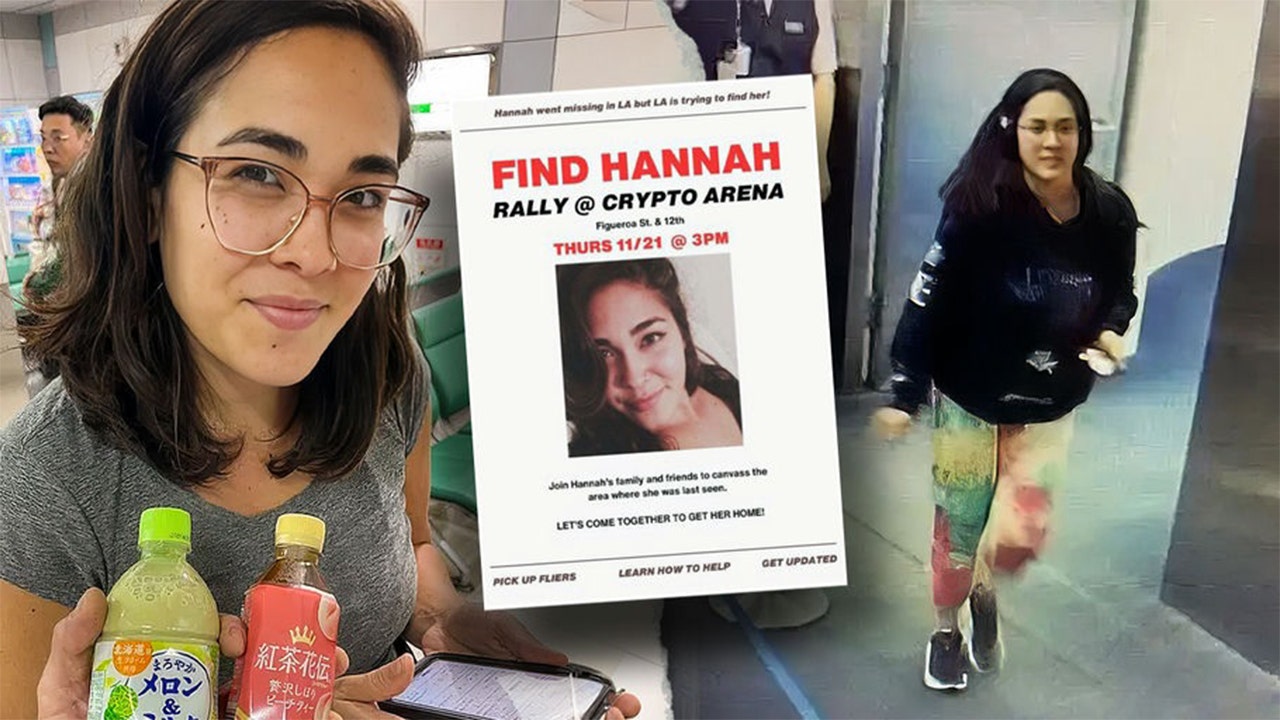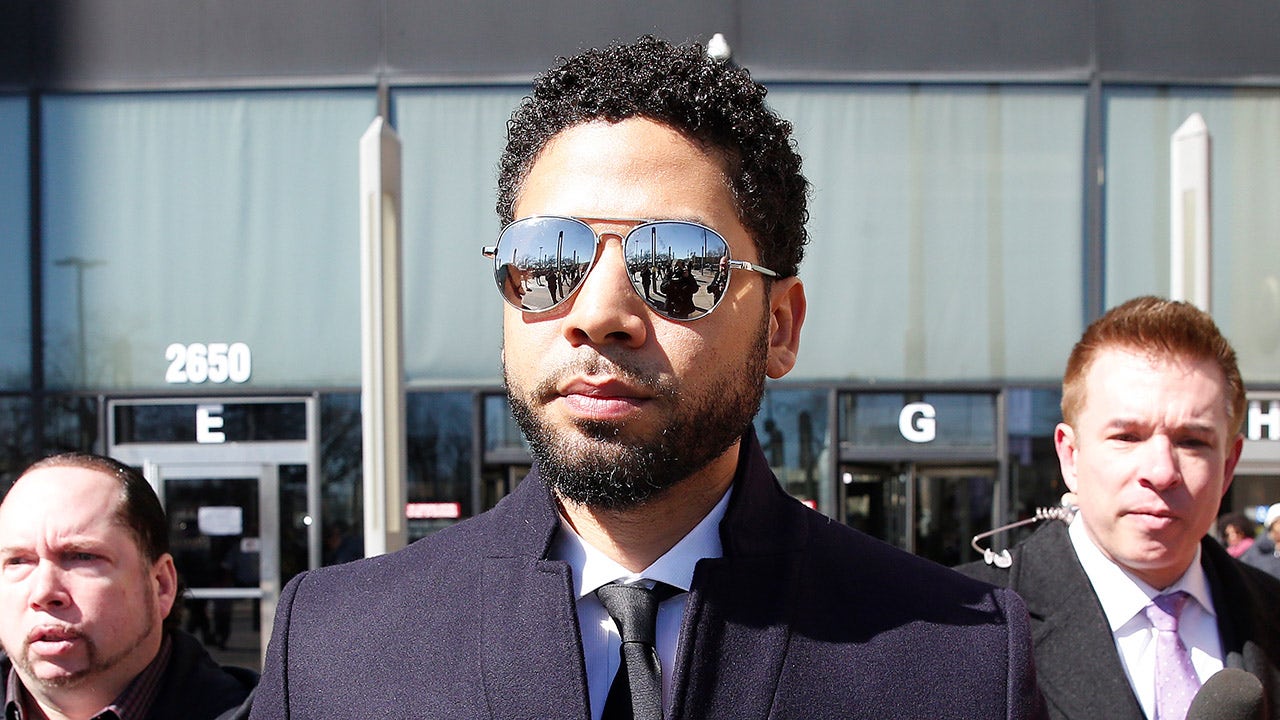Loring Tu, a mathematics professor at Tufts University for 38 years, has amassed a multi-million dollar fortune by investing in stocks.
The Taiwan-born mathematician plans to retire at the end of next year and the Boston-area university just announced his parting gift.
Tu will be donating an 'eight-figure gift' of more than $10 million to the $2 billion-plus Tufts endowment fund, the Boston Globe reported.
In exchange, Tufts will rename its Science and Engineering building after his grandfather, Tsungming Tu, who was a pioneer in Taiwan's medical field.
Tu's astounding donation is coming from his own portfolio, where he began investing early in high-profile companies that have since done extraordinarily well.
'Tufts needs a bigger endowment in order to offer more financial aid for its students,' Tu told the Globe. 'I've had a happy time here for 38 years. ... I'd like to give something back.'
One of Tu's most profitable picks was Apple, which is among the best performing stocks in the S&P 500 over the last thirty years.
He first bought shares of the tech company back in 1997, long before the company's success was practically gospel like it is today - largely thanks to former CEO Steve Jobs conceiving the iPhone, one of the best selling products of all time.
Math professor Loring Tu will be donating eight figures to Tufts University thanks to the success he's had investing in stocks, most notably Apple. He is standing in front of the Science and Engineering building that will display his grandfather's name
He declined to donate to Princeton University and Harvard University, the institutions he was educated at, because he felt his money would have a greater impact at Tufts (pictured)
At the time of Tu's first purchase, Apple shares were trading for 15 cents.
He didn't reveal how much he invested but said that a $1,000 investment at that time would be worth well over $1 million today.
Tu said he doesn't use a financial advisor, but suggested people should invest in companies with familiar products. He added that his math analytical skills could have given him a leg up.
'I didn't expect to be wealthy,' Tu told the Globe. 'I would attribute it mostly to dumb luck and frugality.'
Tufts president Sunil Kumar said Tu's gift will allow the university to continue advancing 'learning, teaching and research for generations to come.'
Tu has donated to Tufts before, but decided on the much larger contribution after a school official approached him.
He also declined to donate to Princeton University and Harvard University, the institutions he was educated at, because he felt his money would have a greater impact at Tufts.
Now that his grandfather's name will grace the shiny new engineering complex that was completed in 2017, he hopes the student body will learn more about his life's work.
Tsungming Tu is considered one of the foremost medical innovators in Taiwan. He died in 1986, leaving a towering legacy
For example, Tsungming founded the first opium addiction clinic.
He was tasked by the Taiwanese government to tackle widespread opium addiction in the country, and according to Tu, his grandfather was able to eradicate it by 1945.
After World War II, his grandfather later founded the first private medical school in the country.
'They had no health care; they had no doctors,' Tu said. 'His goal was to have a doctor in every village, and he made it happen - and this was remarkable thinking for back in the 1950s.'
Tu lived in the same house as his grandfather in Taiwan, until his family left for the United States when he was 13.
Tsungming died in 1986 at the age of 93 and is extensively celebrated as a transformational figure in Taiwan's history to this day.
Now his honors extend to the US thanks to his grandson.
When Tu retires, he plans on traveling, visiting friends, working on a new editions of his new mathematics books and getting more involved with robotics and artificial intelligence.
'I live a simple life, my needs are minimal,' Tu said. 'I want to give away what I don't need.'

 By Daily Mail (U.S.) | Created at 2024-11-14 15:25:54 | Updated at 2024-11-22 09:50:04
1 week ago
By Daily Mail (U.S.) | Created at 2024-11-14 15:25:54 | Updated at 2024-11-22 09:50:04
1 week ago








